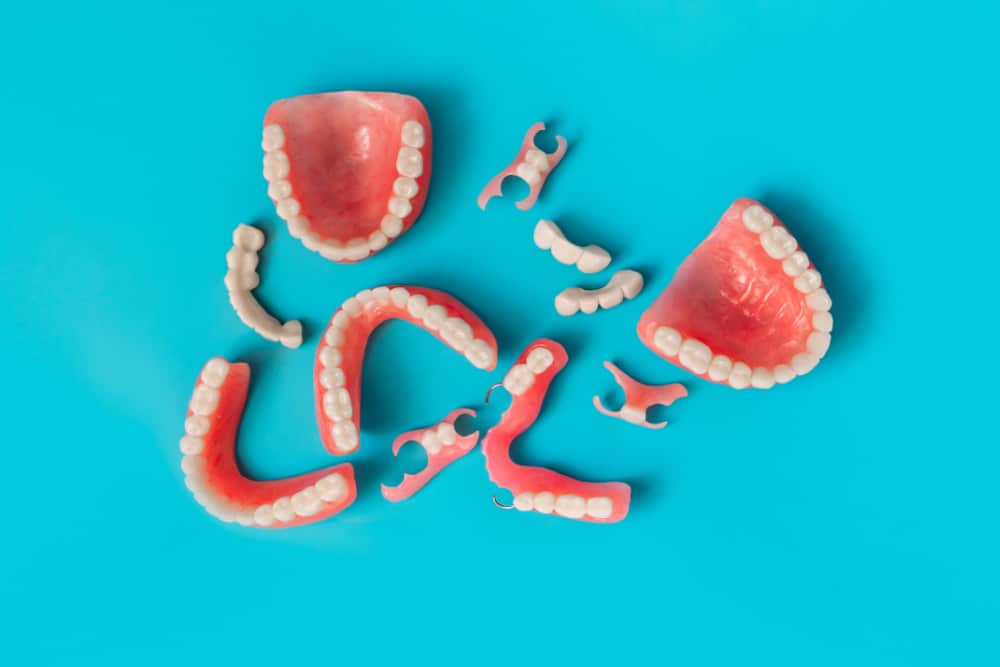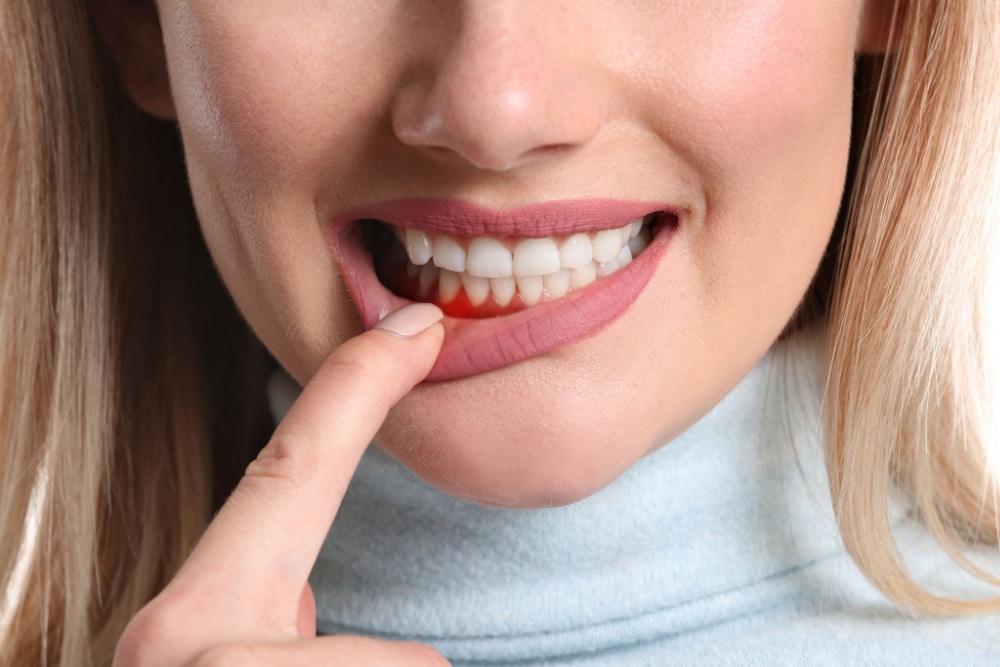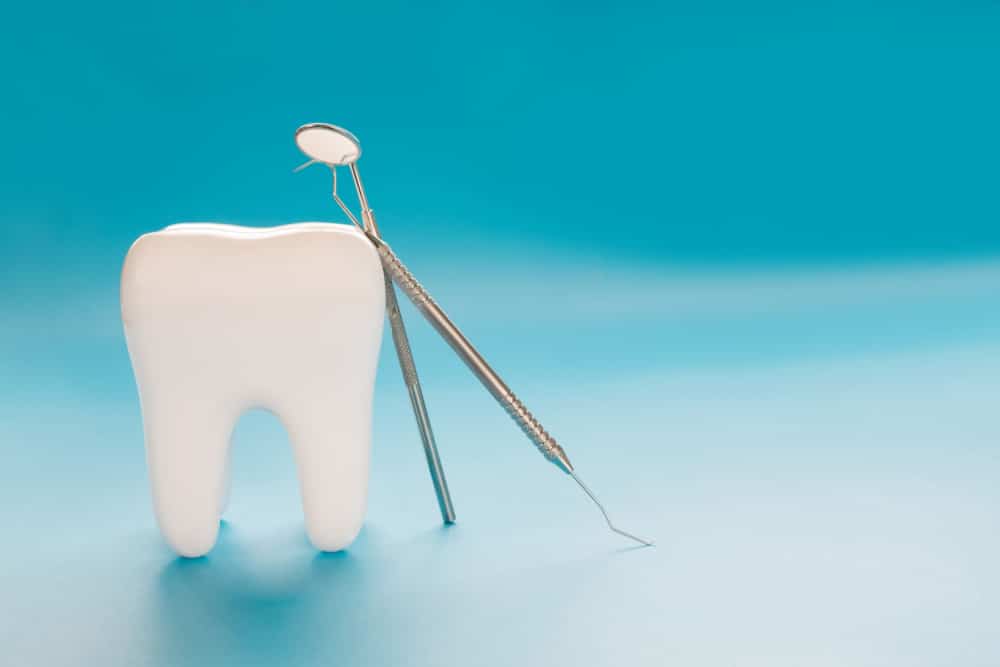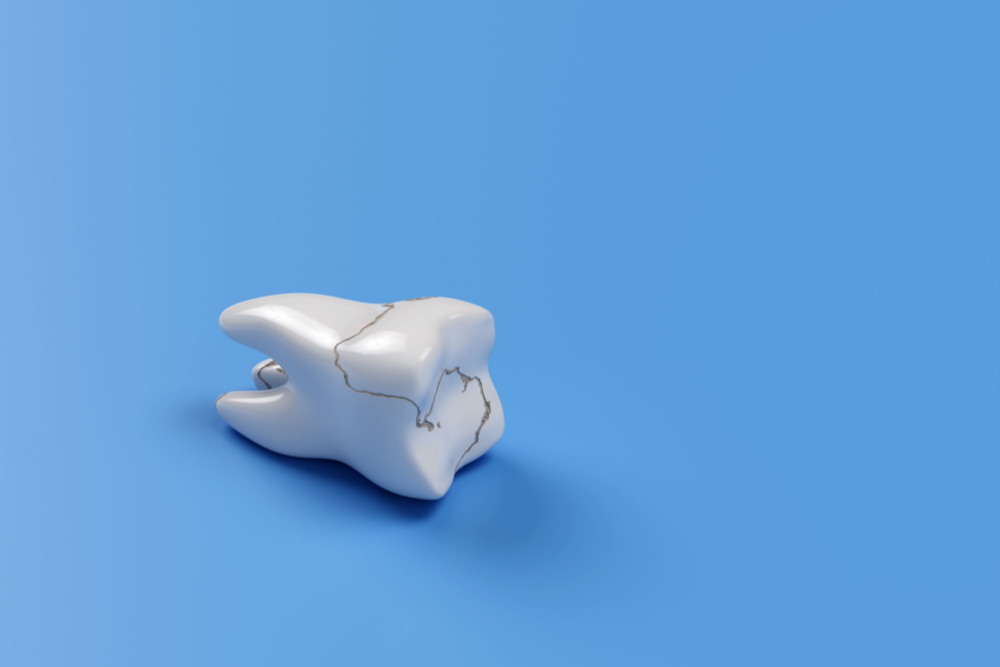If you have ever had a cavity, you know how painful it can be. Although a root canal may sound scary, it is the only effective solution to restore healthy teeth and prevent future damage. At South Meadows Dental & Orthodontics, you can expect compassionate care as we work to repair your teeth with a root canal and crowning.
What is a Root Canal?
A root canal is a dental procedure that is often necessary if you have a decaying tooth. The inner tooth tissue (the pulp) can be infected by bacteria that enter the tooth from an untreated cavity or a crack caused by injury. During a root canal, the infected or dead pulp in the center of the tooth is removed with a special tool called a file. This is performed under local anesthesia so you will not feel any pain during the procedure.
How Root Canals Affect a Tooth
After a root canal, your tooth may be more brittle or weak. The inner pulp layer removed during a root canal contains much of the tooth’s nerves and blood vessels. Therefore, the tooth’s blood supply is lost after a root canal. Additionally, the tooth is weakened because only the sides are left after a root canal. Hollowed teeth after a root canal are more at risk of cracking or breaking when you bite down on food or put pressure on the treated tooth.
How Crowns Protect the Teeth
A crown is a protective cap placed over decayed or broken teeth. Crowns are almost always placed after a root canal to restore the tooth’s strength and prevent future problems like tooth breakage. There are many types of crowns that can be made from porcelain, porcelain fused to metal, or gold. Crowns are also custom fitted for every patient. The type of tooth and its location will often impact which material is chosen. For example, porcelain crowns are a great choice for the front teeth since they blend into your natural tooth color for a flawless smile.
How Do I Know If I Need a Root Canal?
Infection or tooth decay that is left untreated could lead to a more serious infection, bone loss, or loss of the entire tooth. If you have any of the following symptoms, it is important to schedule an appointment with your dentist right away:
- Pain in the tooth or gums
- Swelling
- Sensitivity to hot or cold foods
- Warm feeling in the gums
- Tooth discoloration
Oral Health Care at South Meadows Dental & Orthodontics
At South Meadows Dental & Orthodontics, we specialize in general, restorative, and cosmetic dentistry as well as orthodontics. If you have an untreated cavity and are beginning to feel the effects of your damaged tooth, we encourage you to schedule an appointment today.









